Over the past few days, a worrying rumour about Instagram’s privacy policy has spread online. Not worrying because Instagram is actually changing their policy, but because everyone genuinely seems to believe this hoax statement is true without factchecking it, and thus are sharing it far and wide. Posted by celebrities like Taraji P. Henson, Julia Roberts and Judd Apatow, it’s no surprise many are falling for the hoax when their idols are too.
The crux of the hoax is that Instagram is ‘changing’ their privacy policy to enable them to use private pictures and messages in any context. ‘Don’t forget tomorrow starts the new Instagram rule where they can use your photos,’ reads a statement on a widely shared photo, ‘It can be used in court cases in litigation against you. Everything you’ve ever posted becomes public from today Even messages that have been deleted or the photos not allowed. It costs nothing for a simple copy and paste, better safe than sorry.’
The statement then goes on to declare, ‘With this statement, I give notice to Instagram it is strictly forbidden to disclose, copy, distribute or take any other action against me based on this profile and/or its contents.’
Clearly, many are confused about what information they have given over to Instagram when signing up, how they will be notified if that policy changes and what they can do about it. So we’re here to help. We spoke to a spokesperson at Instagram whom confirmed ‘there is no truth in this at all, it’s a hoax.’
According to Eva Chen, director of fashion partnerships at Instagram, when you see anything regarding Instagram’s policies if it doesn’t come from Instagram’s account, then ‘it’s fake’. Essentially, Instagram is not changing its privacy policy and if it ever were to, you would absolutely not be finding out by a grammatically incorrect, badly spelt statement from a random account.
More than that, you would not be able to opt out via sharing the photo. Literally, can you imagine a team of tech developers going through all of the one billion active accounts on the app checking to see if they’d shared an image? Surely, we can assume a tech company would be more efficient than that.
But the concerning thing about this entire hoax is the amount of people whom don’t realise how Instagram is using their data and how it can already be shared with third parties. Clearly – and we’re definitely guilty of this too – many have been too quick to accept the privacy policy of their favourite app without reading it. So here you have it, a breakdown of Instagram’s data policy in terms you can actually understand…
What information does Instagram own?
When you sign up to Instagram, you have a choice to agree to their privacy policy or not. You cannot use the app if you disagree. Upon agreeing, Instagram has access to everything you do regarding the app and always has – that includes posting to private accounts and in direct messages. They use all of this to collect information about you that they then use to:
Better inform their product development across all Facebook products
Provide adverts specific to your interests
Track your location and provide products, adverts and services based on that.
Provide analysis to advertisers and other business services about the effectiveness and distribution, of their ads and services.
Verify and combat harmful conduct or spam on the app
Send you marketing information
Conduct and support research about technology, social welfare and public interest health and well-being.
If you have Face recognition on, they also use that to recognize you in photos and videos, the way this data is used is protected by EU law and they promise to notify you if they introduce any face-recognition technology so you will then have control over how you use it.
Does Instagram sell your information to third parties?
No, they provide information to certain types of third parties but they do not sell it. ‘We don't sell any of your information to anyone, and we never will,’ their data policy reads, ‘We also impose strict restrictions on how our partners can use and disclose the data we provide.’
So how is the information shared with third parties?
Instagram and Facebook define third parties in two different ways. There are the ‘third party integrations’ which they use to provide different services on their apps, like games played through Facebook, and then ‘third party partners’ who they use to improve and grow their businesses.
For third party integrations, the information shared is relevant to your activity using the third-party service i.e. the game developer can receive information about your activities in the game, or if you click the Facebook comment or share button on a website, they website can receive information about that share.
For third party partners, information is shared with advertisers, partners who use their analytics services (like magazines who base their content on how you engage with their posts on a Facebook page) as well as partners who measure Instagram and Facebook usage.
Your information is also shared with partners who offer goods and services using the apps - like when you buy something from an Instagram seller (they will only receive your public information) – as well as academic researchers and law enforcement or legal requests. Their final specified partner on their data policy is ‘vendors and service providers’, which are companies that support Instagram via providing technical infrastructure, customer service, facilitating payments or conducting services.
Of course, general third parties can access any information you share publicly on your profile. So if you’re Instagram or Facebook is not set to private, third parties can receive any information you post publicly.
Read more: The best comments by celebrities on Instagram...
Just Some Of The Best Comments Celebs Have Left On Instagram
 1 of 37
1 of 37comments by Celebs
 2 of 37
2 of 37comments by Celebs
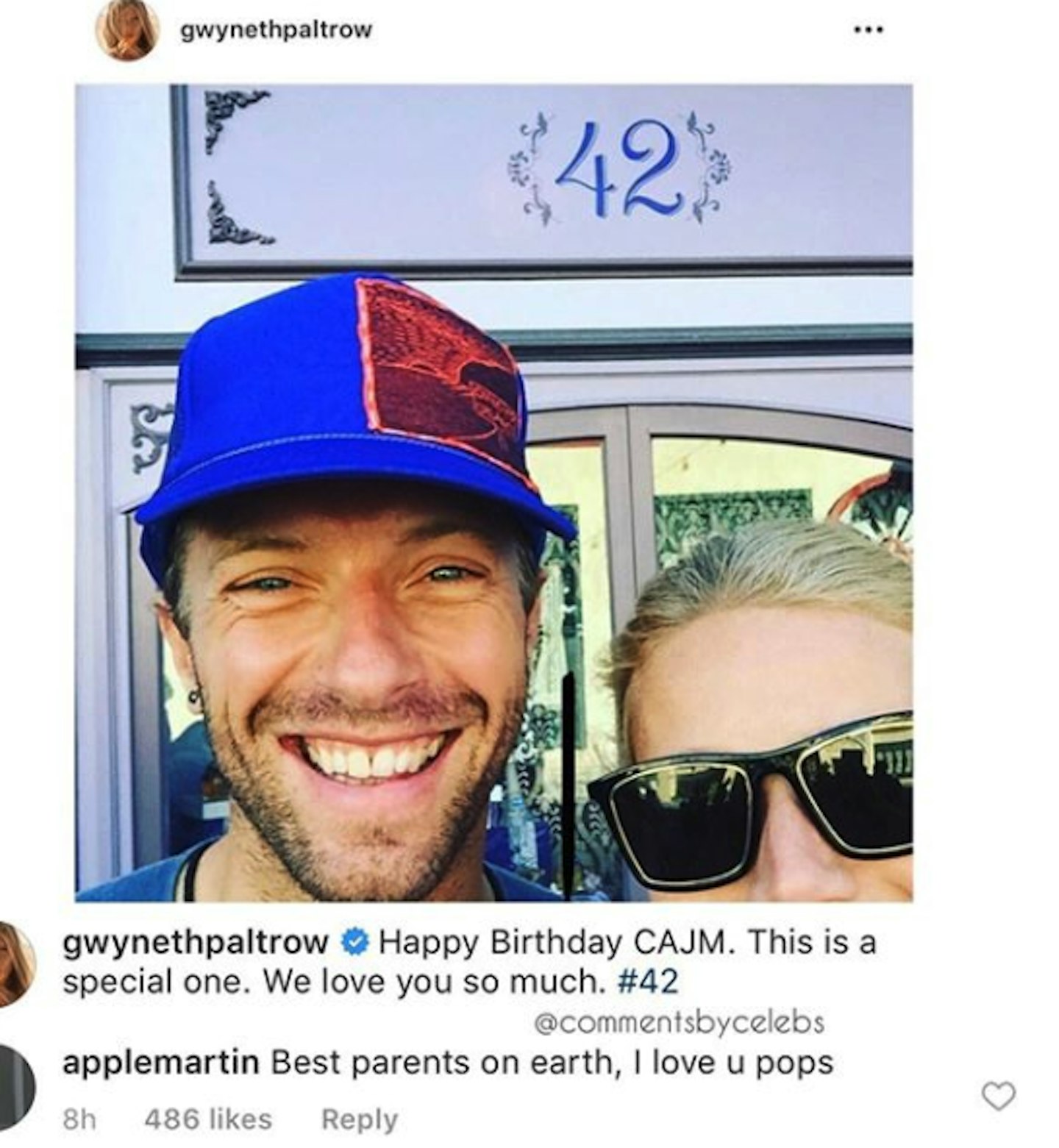 3 of 37
3 of 37comments by Celebs
 4 of 37
4 of 37comments by Celebs
 5 of 37
5 of 37comments by Celebs
 6 of 37
6 of 37comments by Celebs
 7 of 37
7 of 37comments by Celebs
 8 of 37
8 of 37comments by Celebs
 9 of 37
9 of 37comments by Celebs
 10 of 37
10 of 37comments by Celebs
 11 of 37
11 of 37comments by Celebs
 12 of 37
12 of 37comments by Celebs
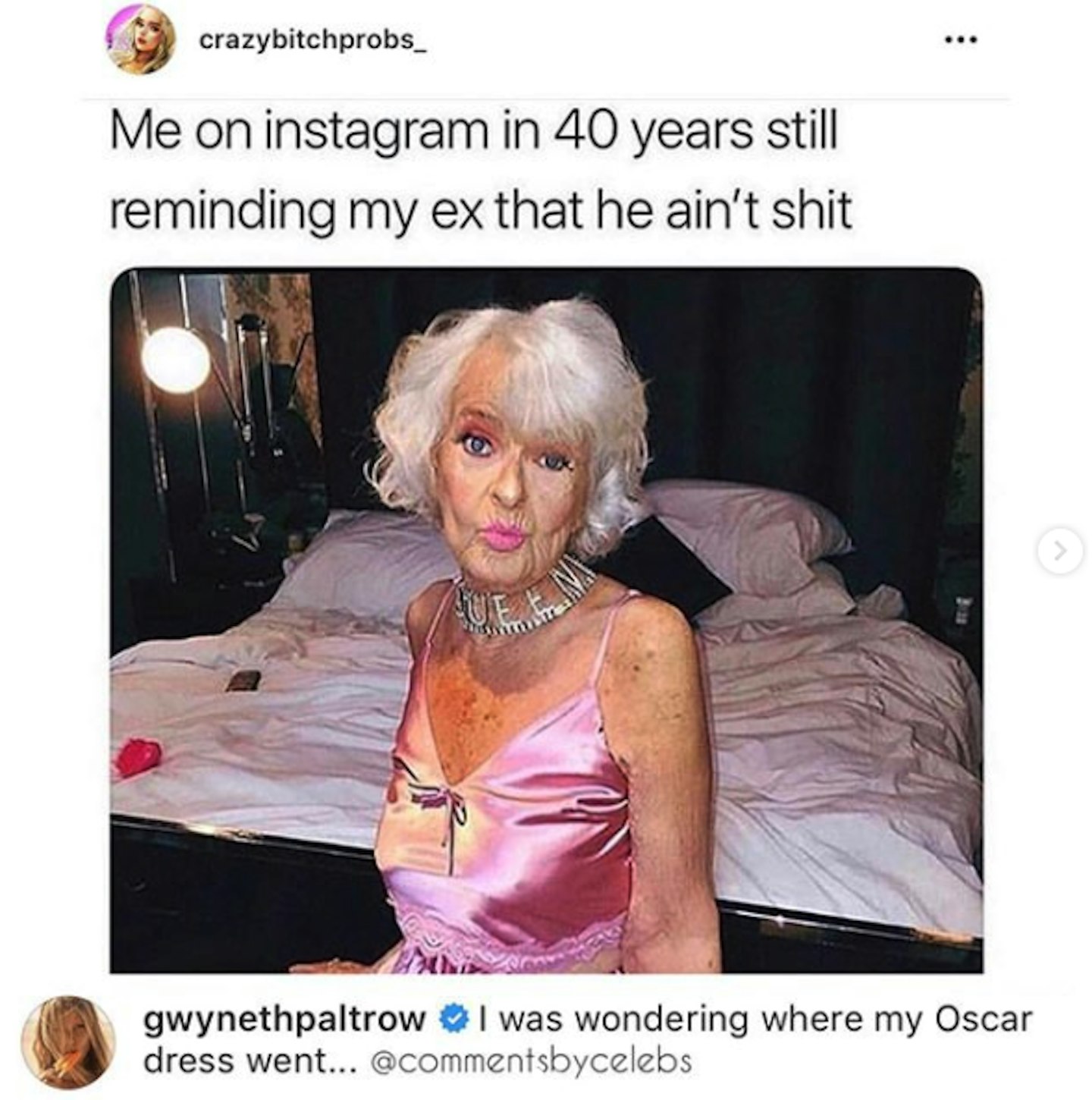 13 of 37
13 of 37comments by Celebs
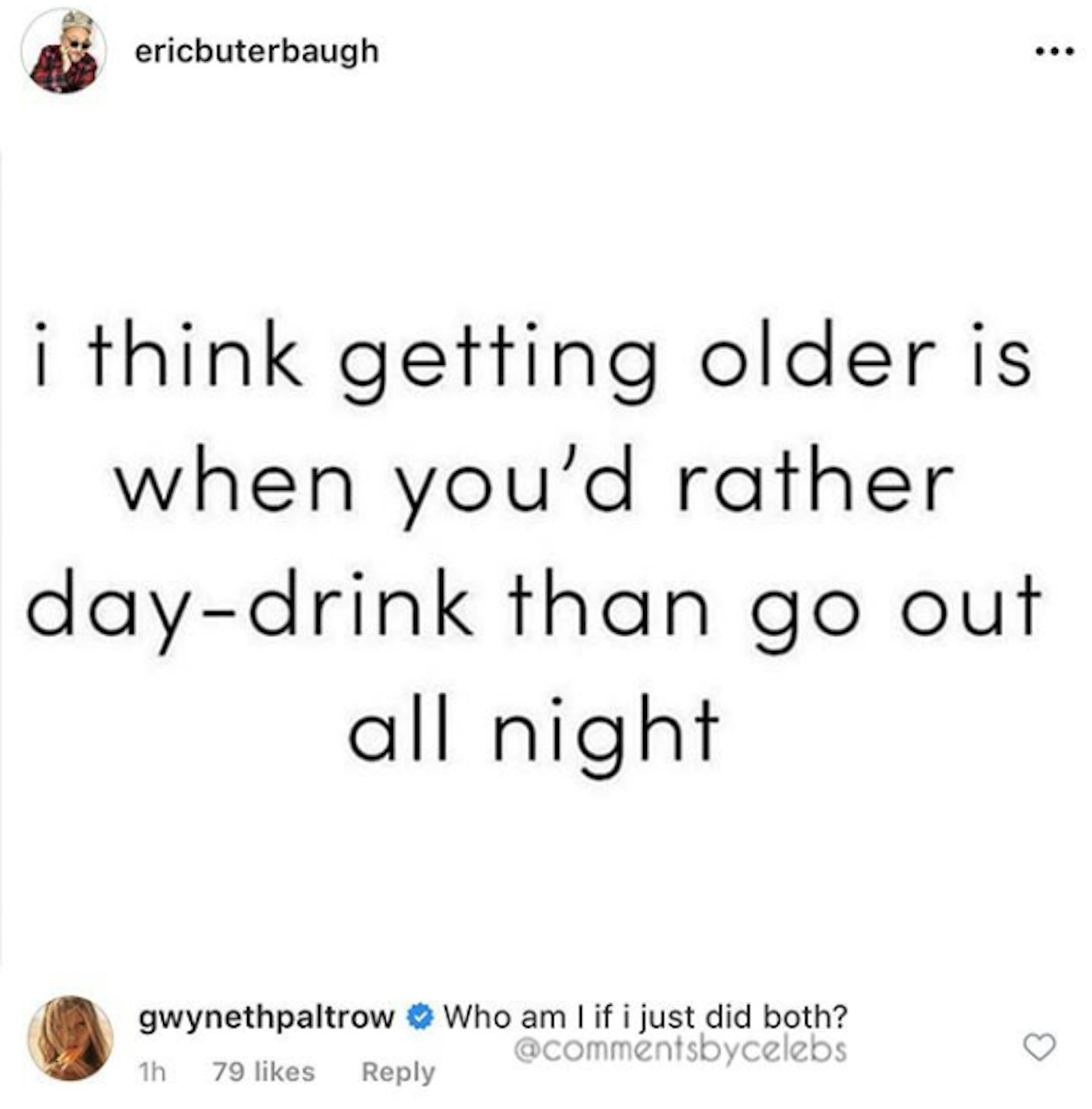 14 of 37
14 of 37comments by Celebs
 15 of 37
15 of 37comments by Celebs
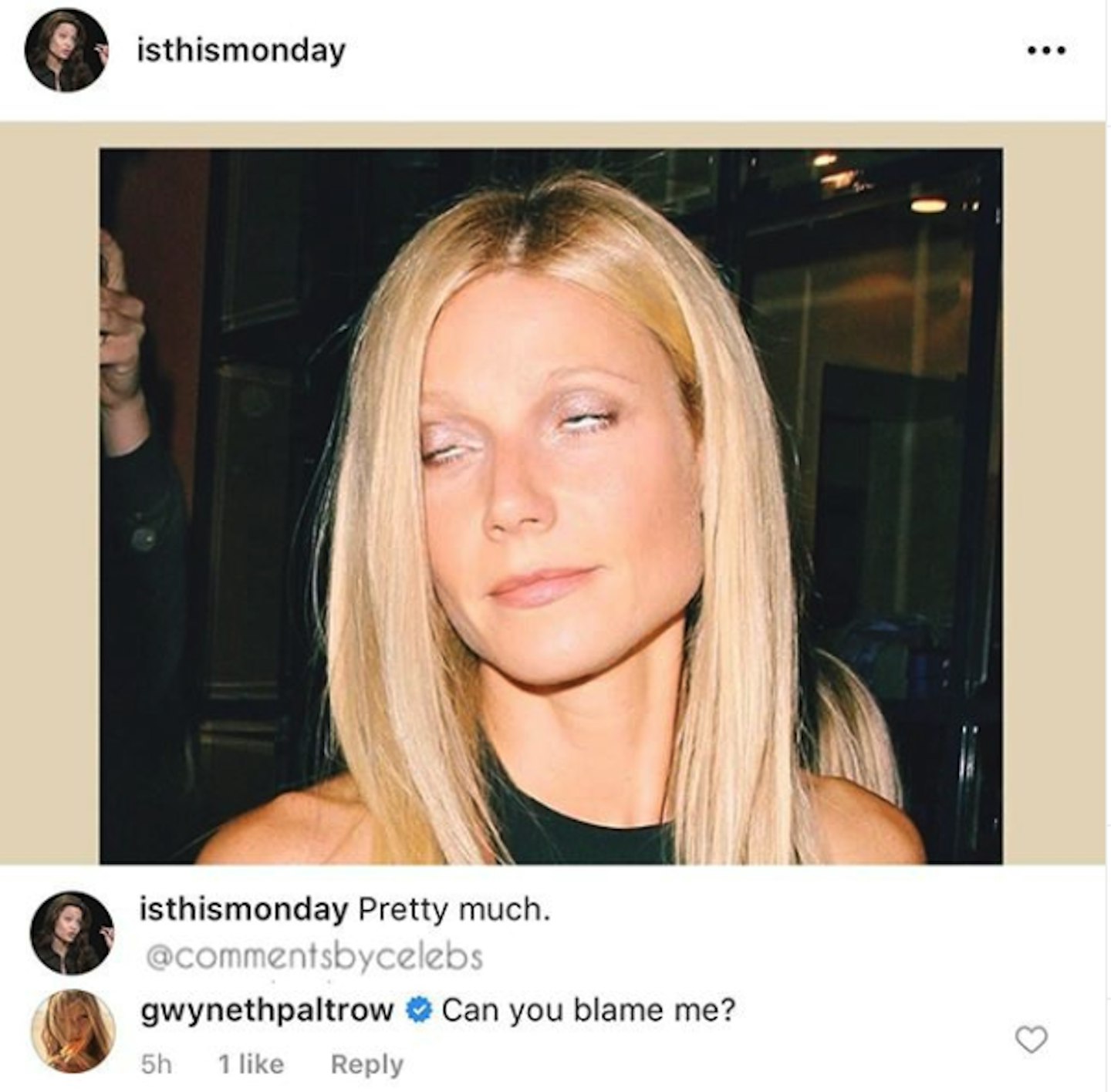 16 of 37
16 of 37comments by Celebs
 17 of 37
17 of 37comments by Celebs
 18 of 37
18 of 37comments by Celebs
 19 of 37
19 of 37comments by Celebs
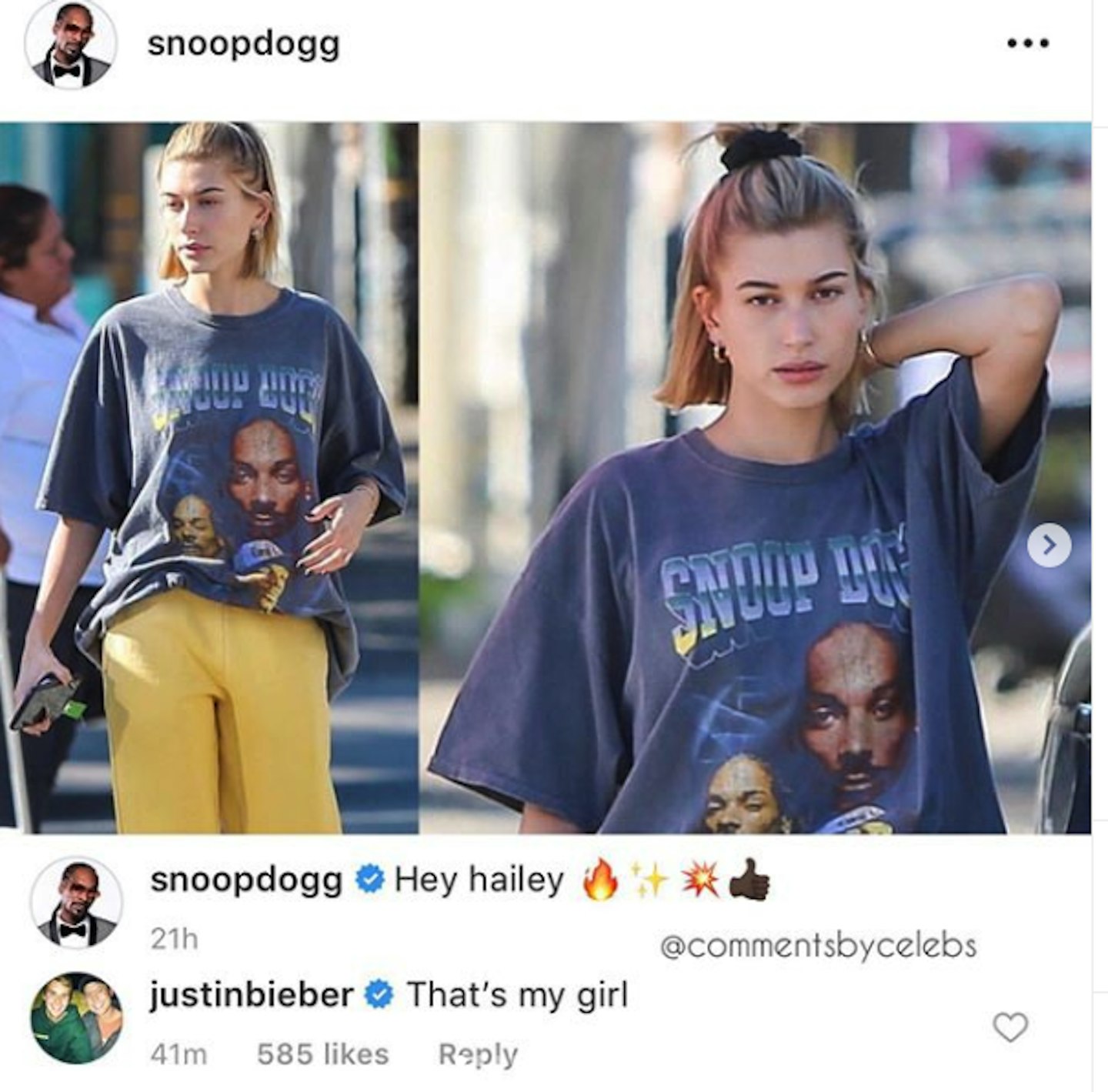 20 of 37
20 of 37comments by Celebs
 21 of 37
21 of 37comments by Celebs
 22 of 37
22 of 37comments by Celebs
 23 of 37
23 of 37comments by Celebs
 24 of 37
24 of 37comments by Celebs
 25 of 37
25 of 37comments by Celebs
 26 of 37
26 of 37comments by Celebs
 27 of 37
27 of 37comments by Celebs
 28 of 37
28 of 37comments by Celebs
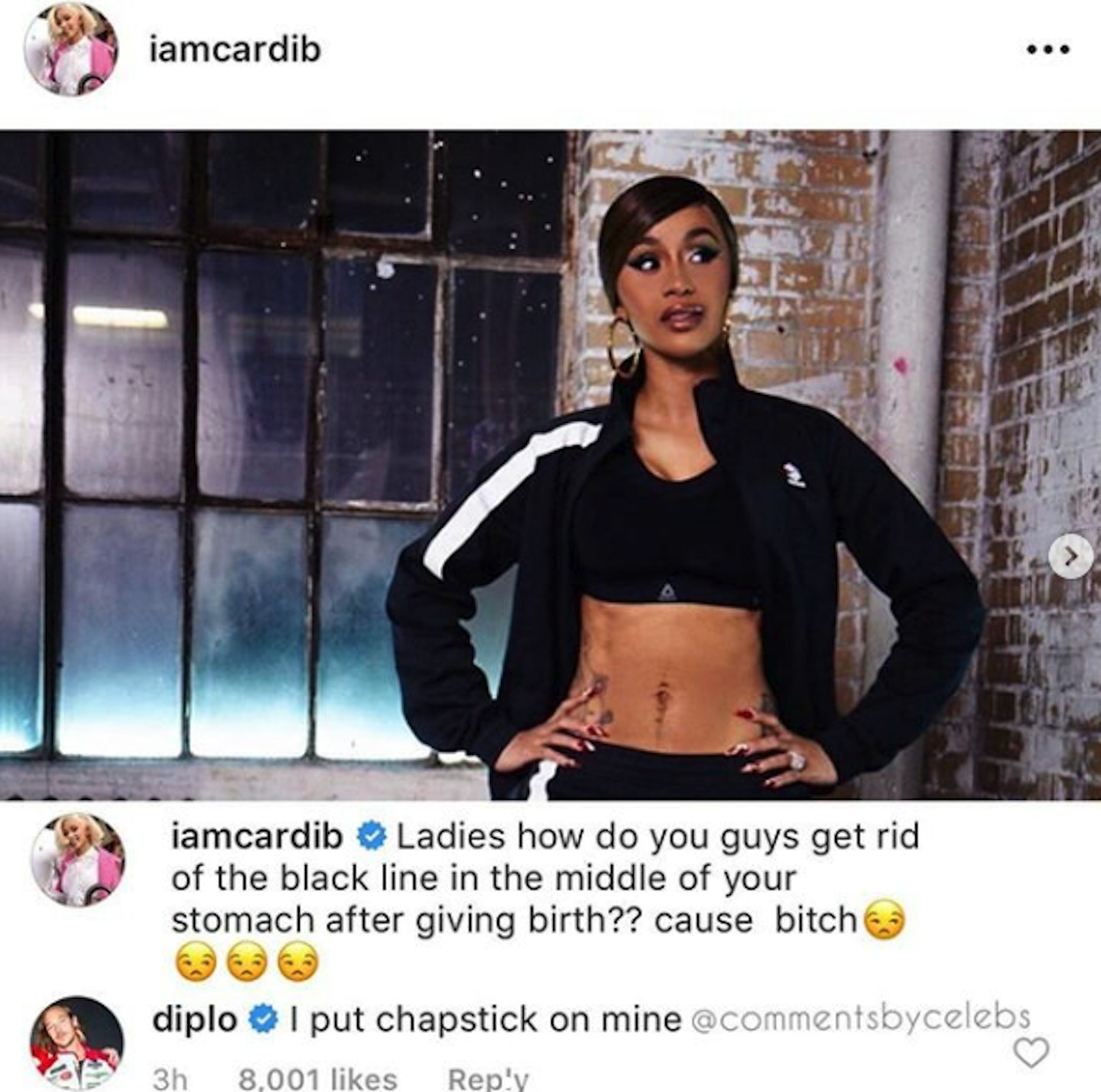 29 of 37
29 of 37comments by Celebs
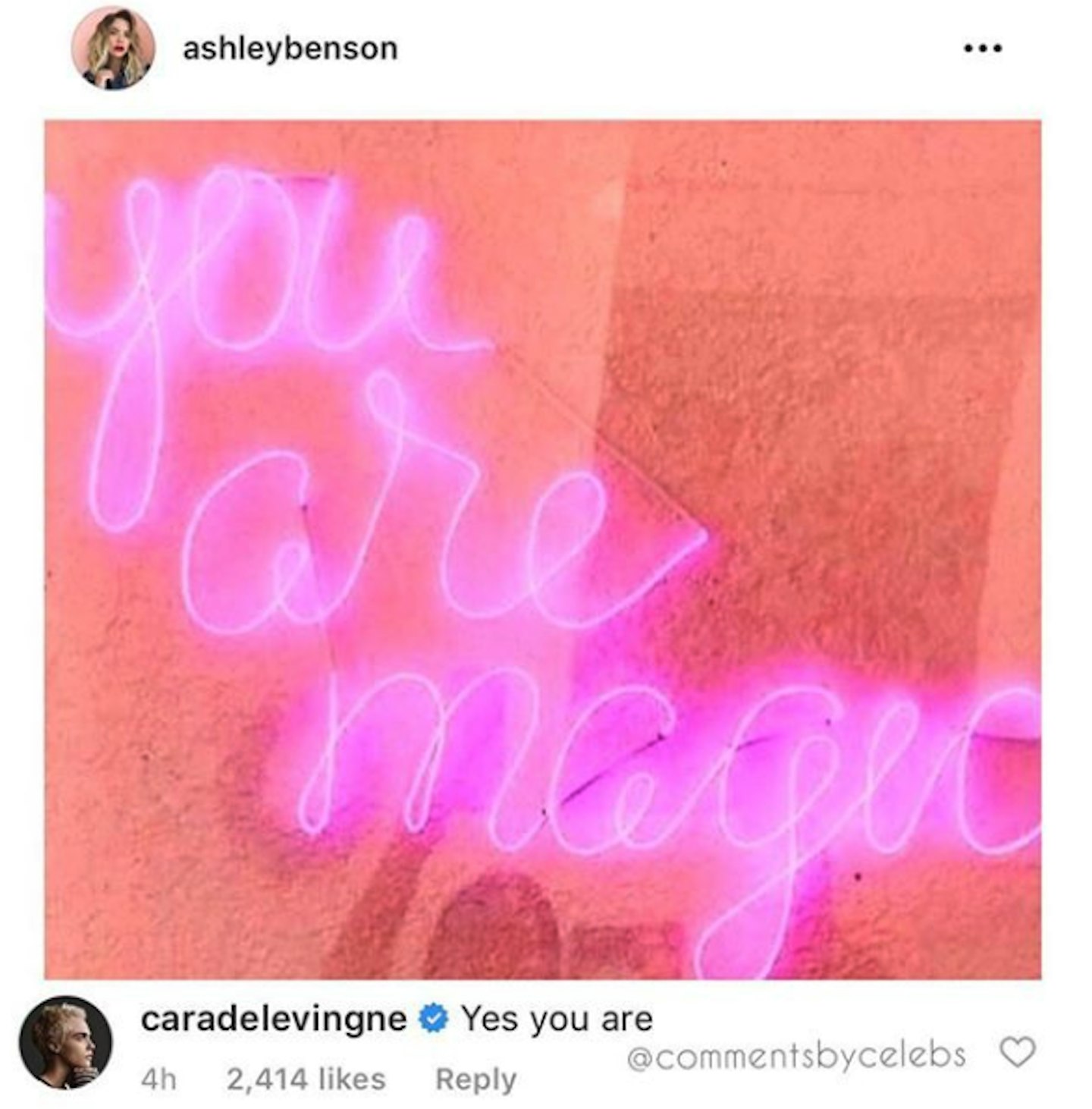 30 of 37
30 of 37comments by Celebs
 31 of 37
31 of 37comments by Celebs
 32 of 37
32 of 37comments by Celebs
 33 of 37
33 of 37comments by Celebs
 34 of 37
34 of 37comments by Celebs
 35 of 37
35 of 37comments by Celebs
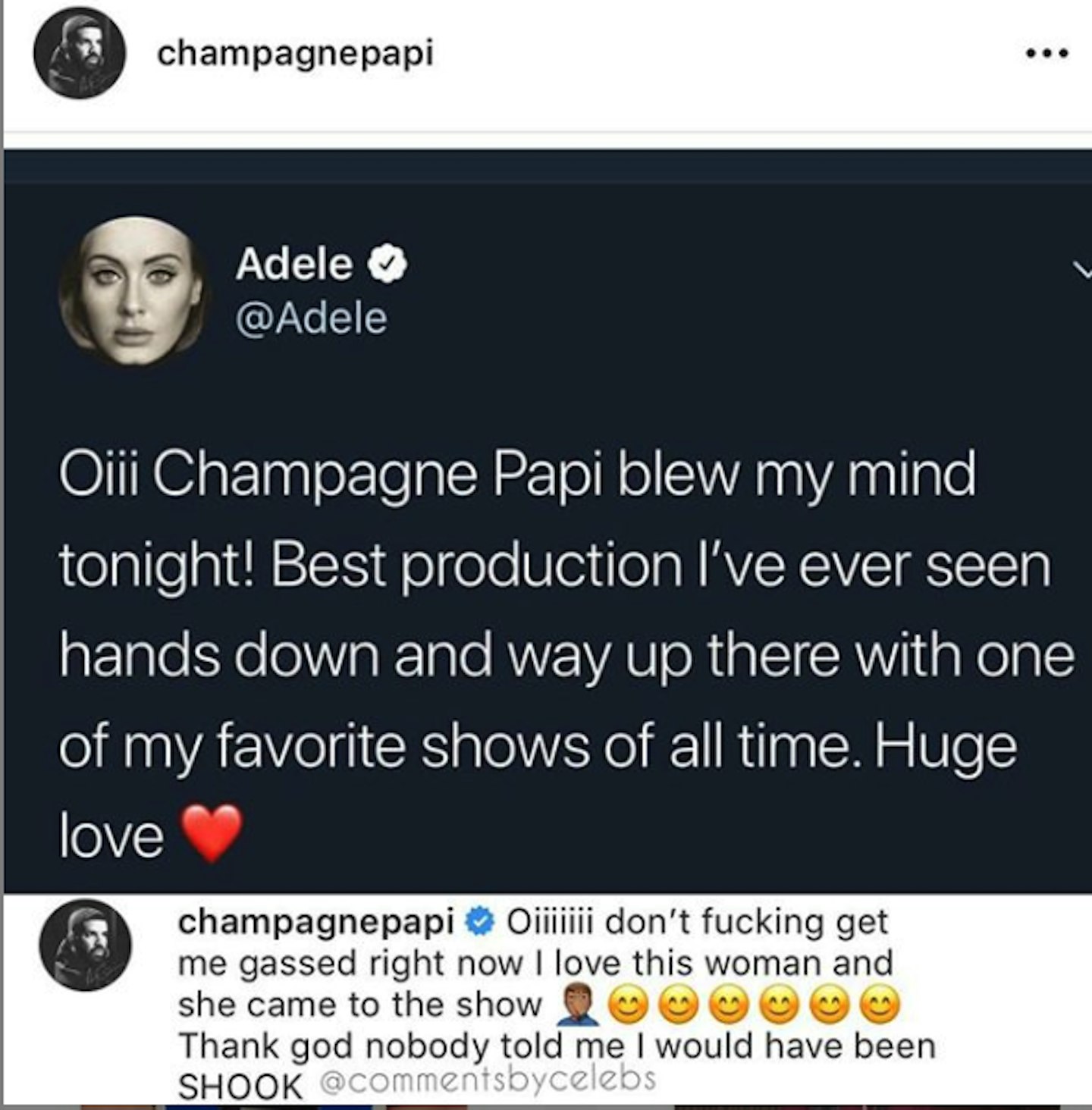 36 of 37
36 of 37comments by Celebs
 37 of 37
37 of 37